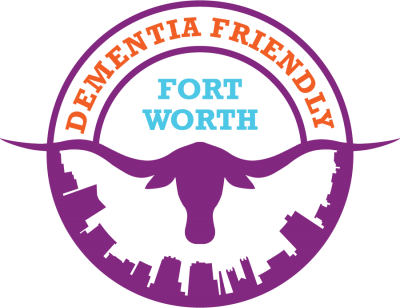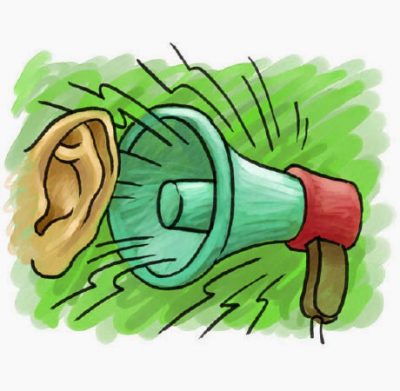The Transformative Power of Music in Ageing Care
By Sue Silcox, AGE-u-cate® Training Institute, Australia
Posts about:

By Sue Silcox, AGE-u-cate® Training Institute, Australia

Although persons living dementia may have challenges with eating, such as chewing, ability to taste or smell food, or remembering how to eat, the dining experience can have a tremendous effect on their socialization, how much they eat and if the time they spend eating is enjoyable or frustrating. Improving the dining experience is certainly possible, whether in a community-based setting, a hospital in the home or even in a restaurant.

Having a sense of purpose and a community network in which to provide these avenues seems to be important for brain health, an important component of aging well. But aging well starts with more basic work. Some of these include:

I'm honored to be part of the exciting Dementia Friendly Fort Worth initiative. Not only are we the first major city in Texas to undertake this effort, but one of the largest cities in the United States. We are part of Dementia Friendly America (DFA), which is a multi-sector collaborative on a mission to foster "dementia friendly" communities across the nation.

When was the last time you walked into a restaurant hoping for a relaxing dinner only to feel like you were in the middle of a rock concert, and a bad one at that? You're not alone. Noise pollution is a real health hazard, especially for older adults. Yes, I'm in the AARP club myself, but don't consider myself "old" (and not sure when that starts) but I've noticed how noise has affected me as I've aged.

Caring for a close family member friend can be emotionally overwhelming. While many caregivers find fulfillment in helping another person, along with this comes feelings of loss, anger, grief, and guilt. Caregivers struggle with depression and anxiety at a much higher rate than the general population. Counseling can be very beneficial for helping people with what is called caregiver burnout.

Dear, Honey, Hun, Sweetie, Buddy, Chief, That’s a good boy, Let's go potty now. No, I am not talking to my 18-month-old, I am repeating terms of endearment and phrases I hear in memory care and assisted living every day. There is so much research behind the use of this type of language researchers refer to it as elderspeak. I know I am guilty of using terms like these and I know you are too but explore the impact it may be having on our residents.